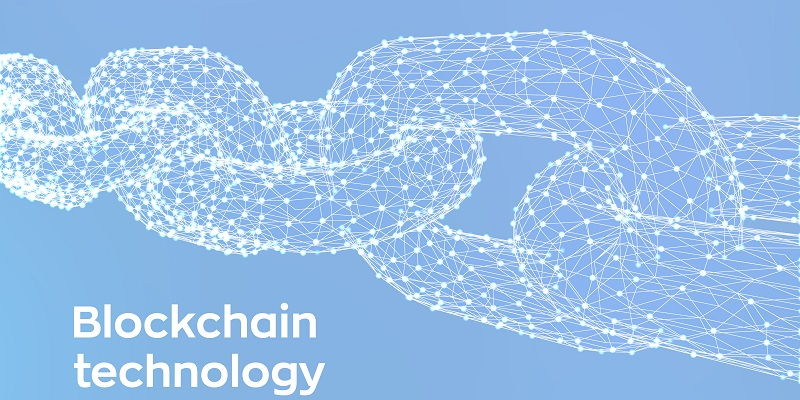The evolving landscape of blockchain technology continues to revolutionize industries, economies, and societies. In this article, we delve into the top new developments that are reshaping the world of blockchain. From non-fungible tokens (NFTs) to self-sovereign identity solutions, let’s explore how these advancements are redefining ownership, finance, cross-chain interactions, decentralized governance, and more.
NFTs Revolutionizing Ownership
NFTs have taken the digital world by storm, providing a unique means of ownership for various digital assets. These tokens represent digital items, art, music, virtual real estate, and even tweets. With the immutable and verifiable nature of blockchain, NFTs have transformed the way we perceive and trade digital assets, enabling creators to monetize their work and collectors to own exclusive and provably scarce items.
DeFi Platforms Offering Diverse Financial Instruments
Decentralized Finance (DeFi) platforms have democratized financial services by eliminating intermediaries, offering diverse financial instruments to users worldwide. From derivatives and stablecoins to prediction markets and insurance, DeFi has enabled anyone with an internet connection to access sophisticated financial tools traditionally only available to a select few.
Cross-Chain Solutions with Projects like Polkadot and Cosmos
Polkadot and Cosmos, among other projects, are pioneering the concept of cross-chain interoperability. This breakthrough technology allows decentralized applications (dApps) to interact seamlessly across multiple blockchains, fostering collaboration and expanding possibilities for developers and users alike.
Promise of CBDCs for Efficient and Transparent Monetary Transactions
Central Bank Digital Currencies (CBDCs) hold the potential to revolutionize traditional monetary transactions. These digital representations of national currencies offer the promise of efficiency, transparency, and security. Moreover, some central banks are exploring the integration of programmable money features into CBDCs, supporting smart contracts and programmable monetary policies for a more dynamic financial ecosystem.
Layer 2 Solutions for Increased Scalability
The scalability challenge has been a hindrance to mainstream blockchain adoption. However, Layer 2 solutions, such as the Lightning Network for Bitcoin and Ethereum’s proposed solutions like Optimistic Rollups and Plasma, aim to increase transaction throughput, reduce fees, and improve overall scalability. This enhances the user experience and enables blockchain networks to handle higher volumes of transactions.
Decentralized Autonomous Organizations (DAOs) automate decision-making processes, leveraging smart contracts for resource allocation. With DAOs, stakeholders have the power to collectively manage and govern decentralized communities, eliminating the need for centralized authorities and enabling more transparent and inclusive decision-making.
Ethereum’s Transition to Ethereum 2.0 and Proof-of-Stake Consensus
One of the most anticipated transitions in the blockchain world is Ethereum’s shift from the energy-intensive proof-of-work (PoW) consensus mechanism to a more energy-efficient proof-of-stake (PoS) consensus called Ethereum 2.0. This upgrade aims to enhance scalability, security, and sustainability, paving the way for a more efficient and environmentally-friendly blockchain ecosystem.
The Impact of Blockchain on Supply Chain Management
Blockchain technology is disrupting traditional supply chain management by introducing transparency, traceability, and efficiency. Through distributed ledgers and smart contracts, blockchain enables stakeholders to track and verify every step of the supply chain, mitigating fraud, improving quality control, and enhancing consumer trust.
Self-Sovereign Identity Solutions: Empowering Individuals’ Online Identities Securely
As concerns over data privacy and security increase, self-sovereign identity solutions are gaining traction. These solutions empower individuals to manage their online identities securely, giving them control over their personal information and mitigating risks of identity theft. Blockchain’s immutability and encryption capabilities provide the foundation for these innovative identity management systems.
The blockchain landscape continues to evolve at a rapid pace, introducing novel advancements and reshaping industries, economies, and societies. From NFTs revolutionizing ownership to self-sovereign identity solutions empowering individuals, these top developments showcase the transformative potential of blockchain technology. As we embrace these innovations, we can anticipate more exciting advancements in the future, poised to shape the world in unprecedented ways.

